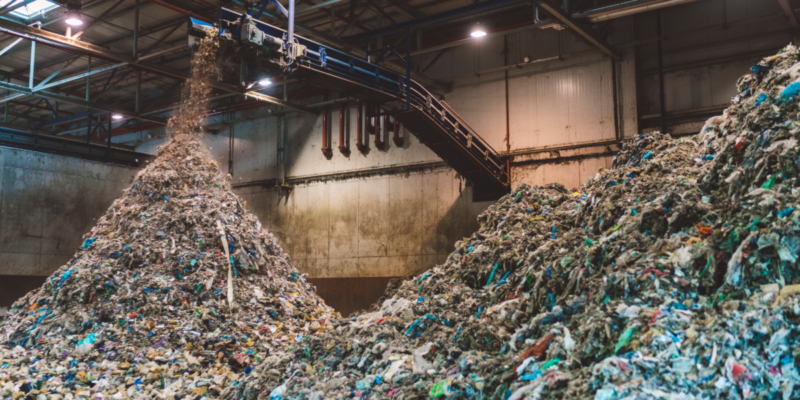There are barely nine years left to preserve the earth from the inevitable effects of the plastic disaster. Environmentalists at the Plastic Health Summit in Amsterdam issued the warning, as well as a demand for leadership in recognizing plastic trash as a worldwide health concern.
9 years left
“We only have 9 years to solve the plastic pollution catastrophe,” said Maria Westerbos, director of the Plastic Soup Foundation. “Plastics and their additives infiltrate the veins of global ecosystems through fragmentation. Humans, animals, plants, and the ecosystem will all suffer as a result of this.”
Plastic is so prevalent over the world that it shows in everything from Arctic snow to deserts. And it is also prevalent in children’s blood tests.
“It should be a public health emergency by the World Health Organization,” says Westerbos.
Earlier this month, a group of international specialists studying the global plastic danger warned that the world is already on the verge of approaching the tipping point, where plastic pollution causes irreversible damage. According to the researchers, the only logical policy response available is a substantial reduction in plastic pollution.
Plastic Health Summit
Experts from Indonesia, Malawi, Greenland, the Netherlands, the United Kingdom, and the United States attended this year’s meeting. The lifetime of plastic from manufacturing to disposal, the volume of plastic waste, and the hazards it poses to wildlife, the environment, and humanity was all covered.
The researcher’s conclusion says that much more work needs to address the wide-ranging consequences of plastic.
Plastics pose a variety of dangers to all living organisms and environmental health. Professor Dick Vethaak stated, There is mounting evidence that microplastics can damage the health of animals, plants, and ecosystems. To protect public health, we must also protect the health of other living organisms and their environments.
According to Jo Royle, CEO of Common Seas, “the more we learn about the plastic in our bodies. The more it appears to be a rising threat to human health. A Bristol-based social enterprise dedicated to reducing plastic pollution.
More research is critically needed to recognize the dangers of plastic in our bodies and how to alleviate them. And we need the government and business to work together to help us all limit our current and future exposure.


